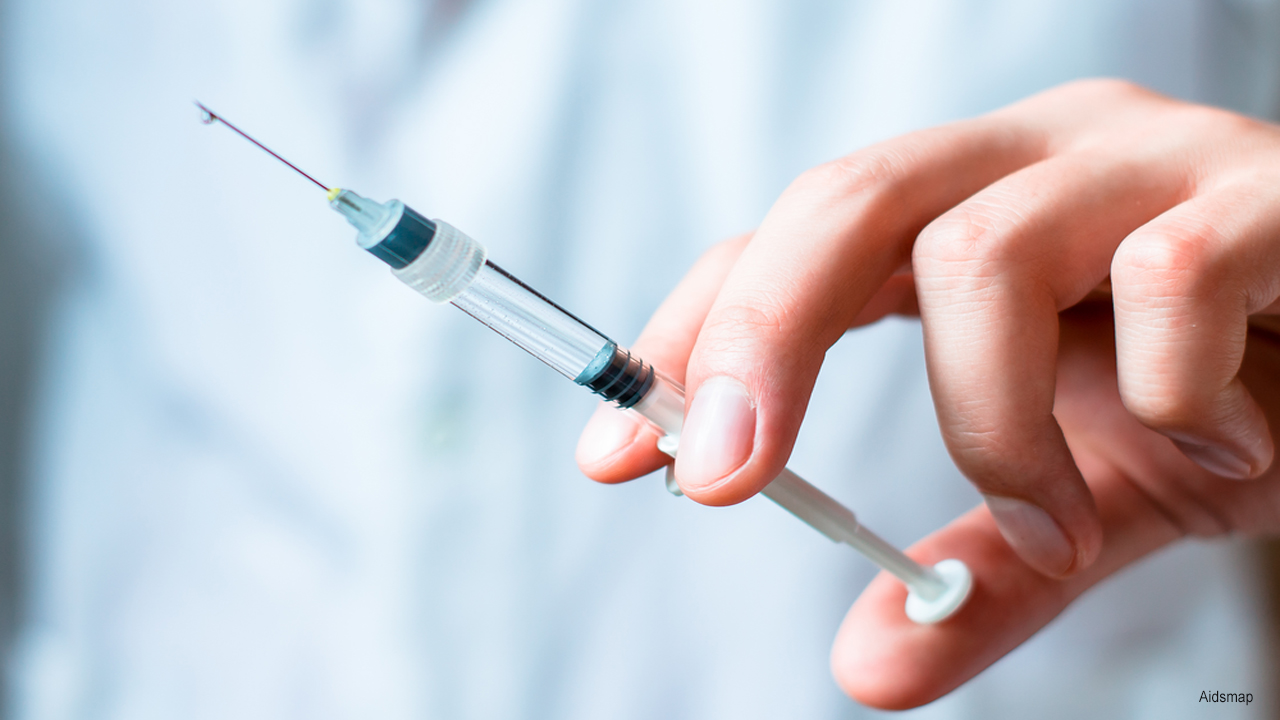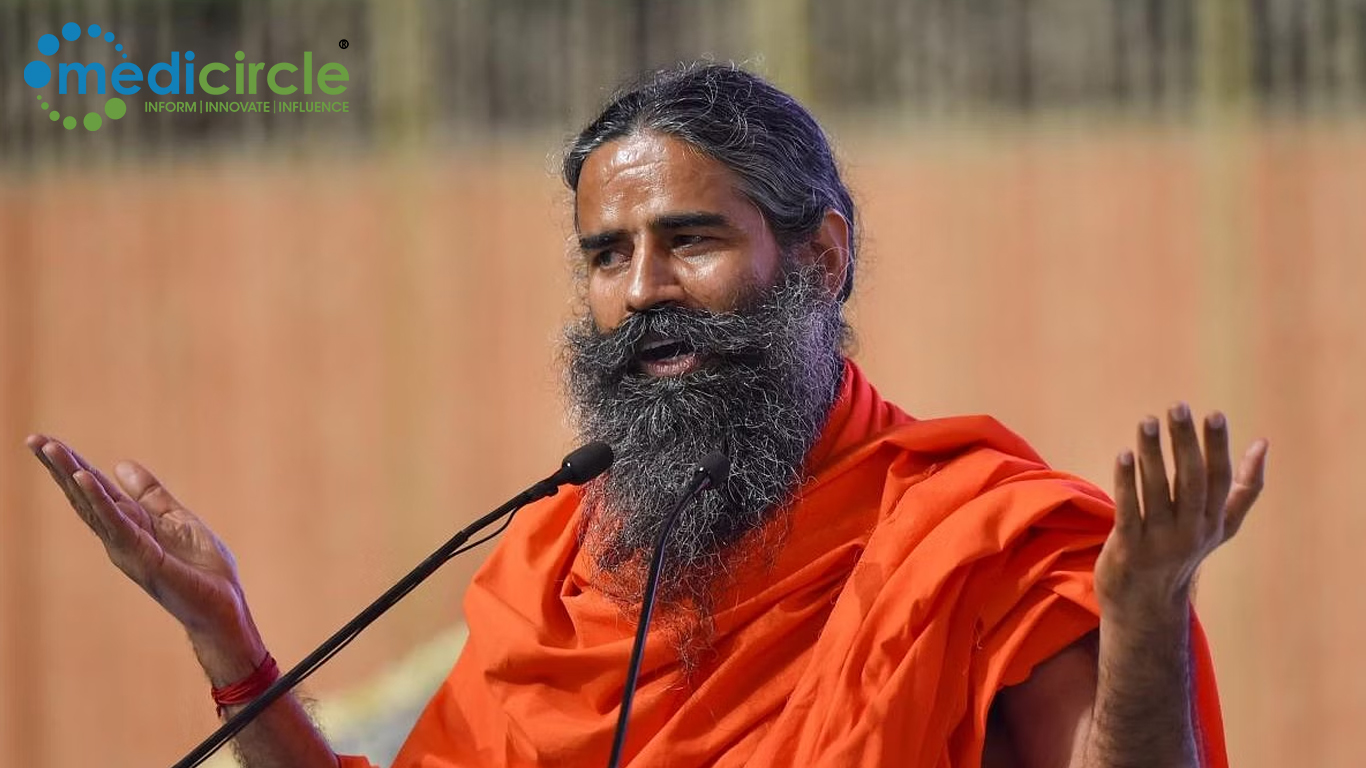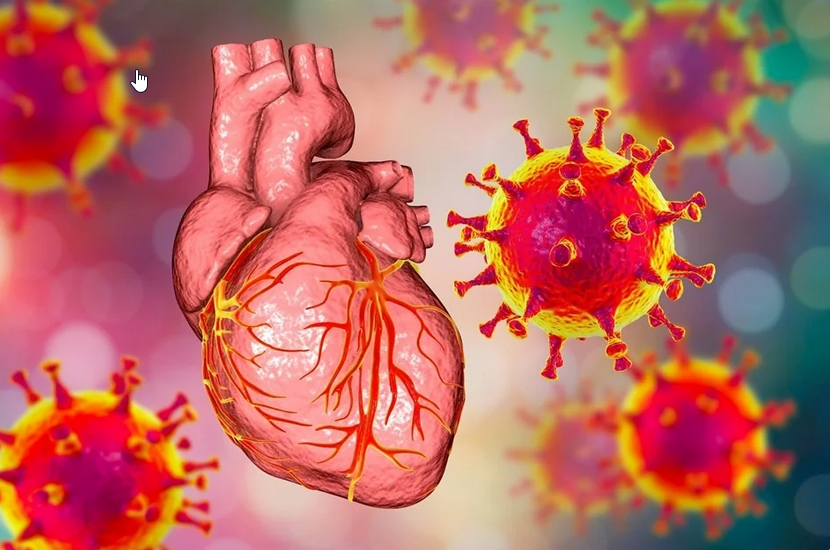India’s first indigenous mRNA vaccine candidate has received approval from Indian Drug regulators to initiate Phase I/II human clinical trial. The novel mRNA vaccine candidate, HGCO19 has been developed by Gennova, Pune and supported with seed grant under the Ind-CEPI mission of Department of Biotechnology of M/o Science & Technology.
The mRNA vaccines do not use the conventional model to produce immune response. Instead, mRNA vaccine carries the molecular instructions to make the protein in the body through a synthetic RNA of the virus. The host body uses this to produce the viral protein that is recognized and thereby making the body mount an immune response against the disease. mRNA-based vaccines are scientifically the ideal choice to address a pandemic because of their rapid developmental timeline. The mRNA vaccine is considered safe as is non-infectious, non-integrating in nature, and degraded by standard cellular mechanisms. They are expected to be highly efficacious because of their inherent capability of being translatable into the protein structure inside the cell cytoplasm. Additionally, mRNA vaccines are fully synthetic and do not require a host for growth, e.g., eggs or bacteria. Therefore, they can be quickly manufactured in an inexpensive manner under cGMP conditions to ensure their "availability" and "accessibility" for mass vaccination on a sustainable basis.
Gennova, in collaboration with HDT Biotech Corporation, Seattle, USA, has worked together to develop an mRNA vaccine candidate. HGCO19 has already demonstrated safety, immunogenicity, neutralization antibody activity in animals. The neutralizing antibody response of the vaccine in mice and non-human primates was comparable with the sera from the convalescent patients of COVID-19.
Gennova’s vaccine candidate uses the most prominent mutant of spike protein (D614G) and also uses the self-amplifying mRNA platform, which gives the advantage of a low dosing regimen compared with the non-replicating mRNA or traditional vaccines. HGCO19 uses the adsorption chemistry so that the mRNA is attached on the surface of the nano-lipid carrier to enhance the release kinetics of the mRNA within the cells compared to the encapsulation chemistry.
HGCO19 is stable at 2-8°C for two months. Gennova has completed all preliminary work and should be initiating the Phase I/II Human clinical trial soon since the approval from the DCGI office has been received.
The Department of Biotechnology, Ministry of Science & Technology, Government of India is implementing the IndCEPImission ‘India Centric Epidemic Preparedness through Rapid Vaccine Development: Supporting Indian Vaccine Development’ which is aligned with the Global Initiative of CEPIand aims to strengthen the development of vaccines and associated competencies/technologies for the diseases of epidemic potential in India. The Ind-CEPI mission of DBT is implemented by its PSU, Biotechnology Industry Research Assistance Council ( BIRAC).
‘Establishment of a suchindigenous technology platform will not only empower India to handle the COVID-19 pandemic but also ensure the preparedness for future outbreaks’ said Dr Renu GennovaSwarup, Secretary, Department of Biotechnology and Chairperson BIRAC.

 Gennova gears up to launch mRNA vaccine for Covid
Gennova gears up to launch mRNA vaccine for Covid






.png)













.jpeg)

.jpeg)










.jpg)




.jpg)

